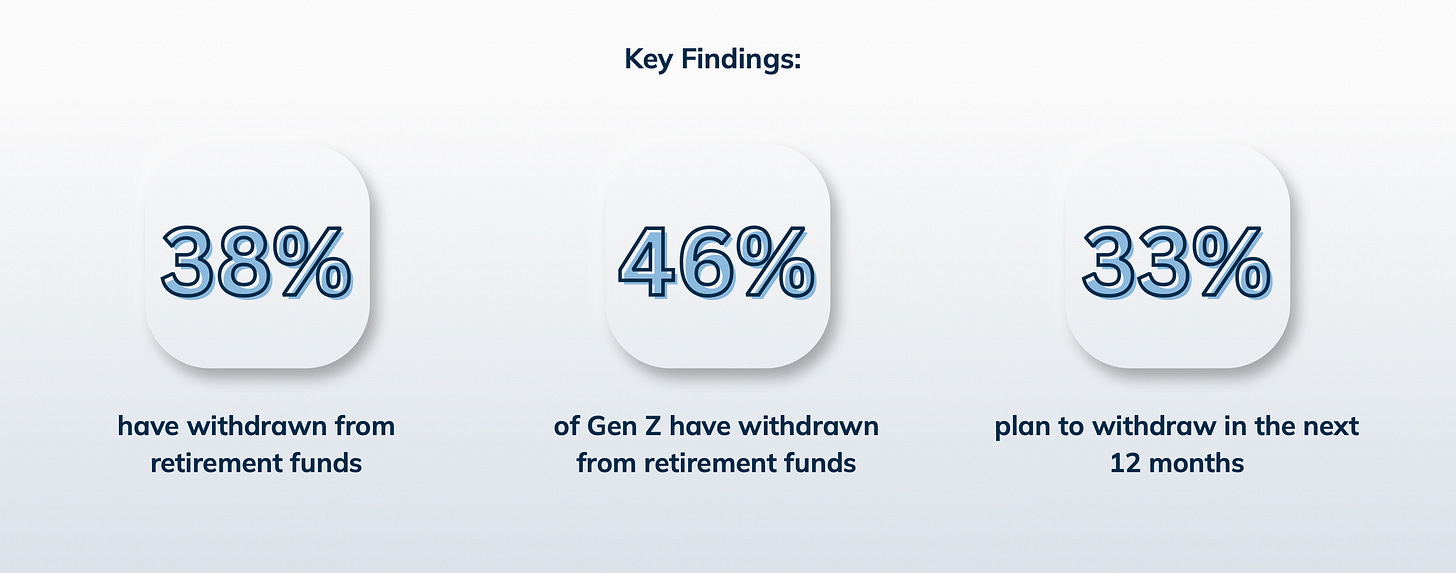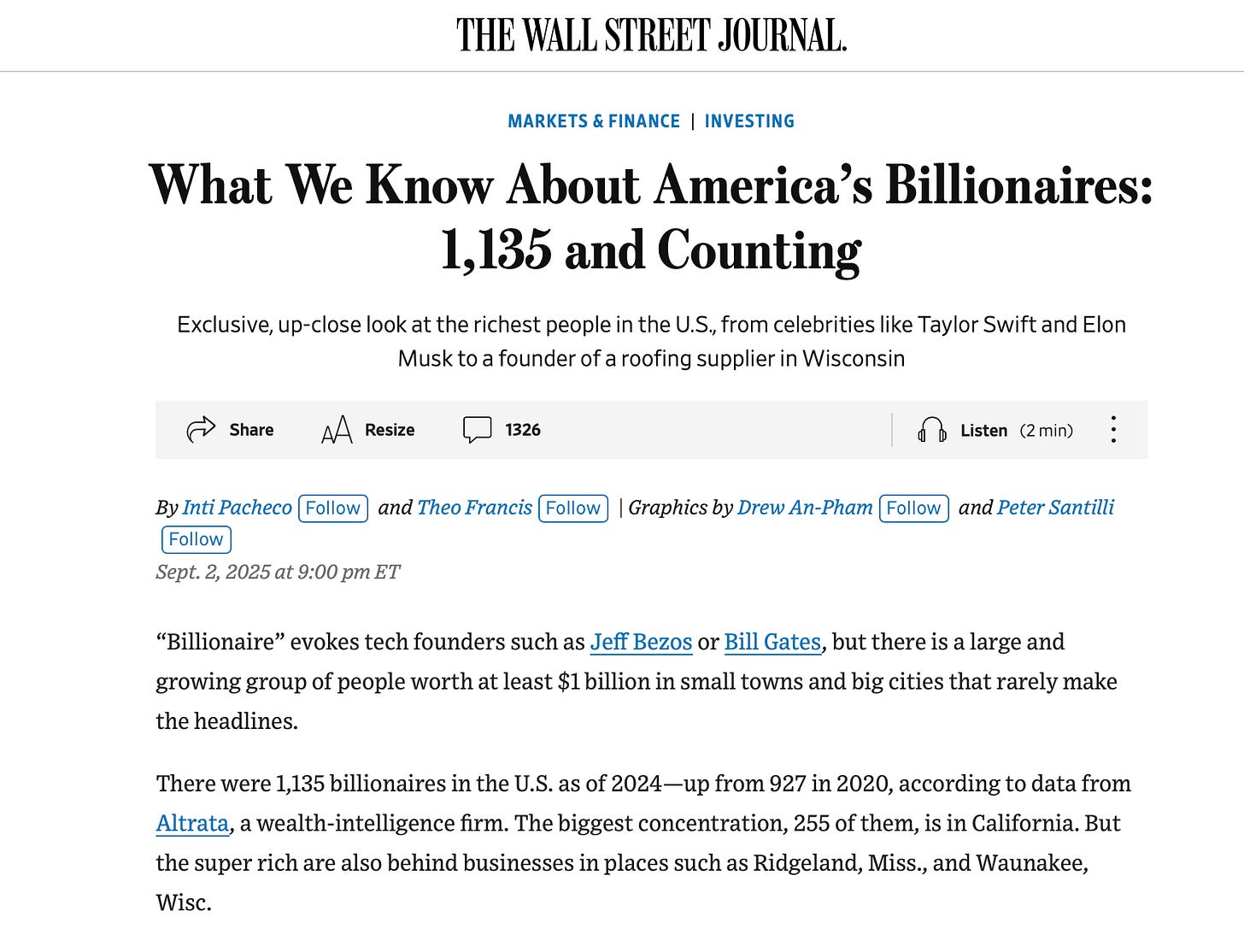Debt Spiral: America and the high-stakes casino economy
Know a good meme coin, bro?
Now more than ever, my fellow right wingers need to consider the reality that the U.S. economic order has transformed into a system that no longer provides “free market” opportunity in droves, but all too often rewards those with closest access to the money printer, frequently leaving a growing number of masses behind in a debt trap that they cannot escape without taking on massive risk.
Stressed out by the debt trap? Our featured advertiser wants to help.
Mental health challenges are a normal part of life, and so is asking for help.
With BetterHelp, you can match with a therapist easily, message anytime, and get the convenience of therapy that’s 100% online.
Get Started with 25% off Your First Month
This is not capitalism, nor is it socialism. It’s something else entirely. Wealth inequality in America is the result of inflationary, hyper financialized madness masquerading as a free market system. And all too many in D.C. and on Wall Street, no matter which bucket of the political aisle they fall into, are happy to label our current system as American as apple pie. Yet every year, millions of my fellow citizens get swept into the perpetual debt treadmill, forced into a cradle-to-grave repayment scheme, and things are only getting worse.
I wanted to share a couple of statistics with you that caught my attention this week.
Generation Z was born between 1997 and 2012, meaning most of them only have, at most, a handful of years of full-time work experience. And Gen Z’ers are already raiding their retirement accounts for spare cash.
A recent report conducted by Payroll Integrations found that among Gen Z Americans in the workforce, some 46 percent have already dipped into their retirement accounts (as opposed to 31% of Millennials). Forty-two percent of the Gen Z respondents said they tapped into retirement funds to pay down debt they owed. Additionally, 33% said they plan to withdraw from retirement accounts in the next 12 months.
Welcome to the casino economy, where the only exit to prosperity may come in the form of a meme coin, FOMOing into a short-term, ultra high strike price call option, or driving oneself even further into debt to purchase Airbnb rental properties.
You can’t blame Americans for deciding to risk it all on Red 21 instead of accepting their fate on the neverending debt treadmill.
Meanwhile, the United States has surpassed the one thousand-billionaire threshold. There were 1,135 billionaires in the U.S. as of 2024, the Wall Street Journal reported Tuesday evening. Together, they’re worth about $5.7 trillion, or 20 percent of U.S. GDP.
Now, I’m not saying that these billionaires achieved ill-gotten wealth. In fact, by and large, I’m sure the majority created something of value and helped improve the standard of living for millions of Americans.
Wealth inequality in America has been worsening gradually over recent decades, particularly during the 2020s. This means that fewer Americans are achieving that patented American Dream.
The Congressional Budget Office reports that from 1989 to 2022, the top 10% of households increased their share of total wealth from 56% to 60%, while the bottom 50% held only 6% of total wealth in 2022. The top 1% owned 27% of wealth in 2022, up from earlier decades. The Gini coefficient for wealth, a measure of wealth inequality, increased from 0.80 in 1989 to 0.83 in 2022, indicating a greater concentration of wealth.
During the covid era, billionaires’ wealth surged, with their collective net worth increasing by an insane 70% from March 2020 to October 2021, highlighting the federal stimulus that benefited those who had deployed capital into financial markets after the massive market correction at the beginning of the covid era.
The problem with the debt trap is that one cannot simply save money to escape from it. One must innovate or gamble — and most of the time, end up in an even worse position — to truly escape from the debt trap.
And our system today is constructed so that the have-nots cannot afford to save, invest, etc. They are being consumed by inflation and the hyper-financialization of the U.S. economy. It’s not that the billionaires are evil and the poors are good. It’s that equal opportunity does not exist in the way it used to.
We have to insist upon a system that lets “too big to fail” institutions fail and demands fiscal responsibility from our elected representatives. Let markets work. Punish leaders who abuse the treasury. Insist upon a robust financial/economics education for your progeny.
The current system isn’t capitalism, nor is it the result of market forces, so conservatives and libertarians need not defend the status quo. The federal government is hyper-intervening in the economy and picking winners and losers through the distribution of wealth that comes in many different forms, leading to many losers, and only a handful of winners.
No, your kids aren’t doomed. And we don’t like quitters here at The Dossier, even if the odds are stacked against you. But the current system — a departure from capitalism — simply is not working for the vast majority of us. And that needs to change before things get way out of hand.





Boomers are generally decent people, mostly unaware (I think) of the ruinous cost their entitlements and retirement programs have on society.
https://jmpolemic.substack.com/p/vassal-of-the-boomer-regime
I can't say the same for the world of finance, or the parasitic growth of nonprofit and 'quasi-NGO' ('QUANGO') spending that has encrusted every Western country. It is simply a fact that each of these entities, in their own way, is exerting a huge drag on our economy and generating moral hazard and tremendous waste.
Capitalism = getting money for generating value for customers or shareholders. What we have right now is not that. The trends must be reversed, or they will bring the entire edifice down around us. We can have a gradual and orderly revolution in the next few years... or a bloody and chaotic one in the next few decades.
You really, really do the victims of the Deep State a disservice if you tell them that they should be focusing their anger on billionaires. The WSJ piece you screenshotted is evidence of that - it's part of the campaign to redirect outrage at billionaires.